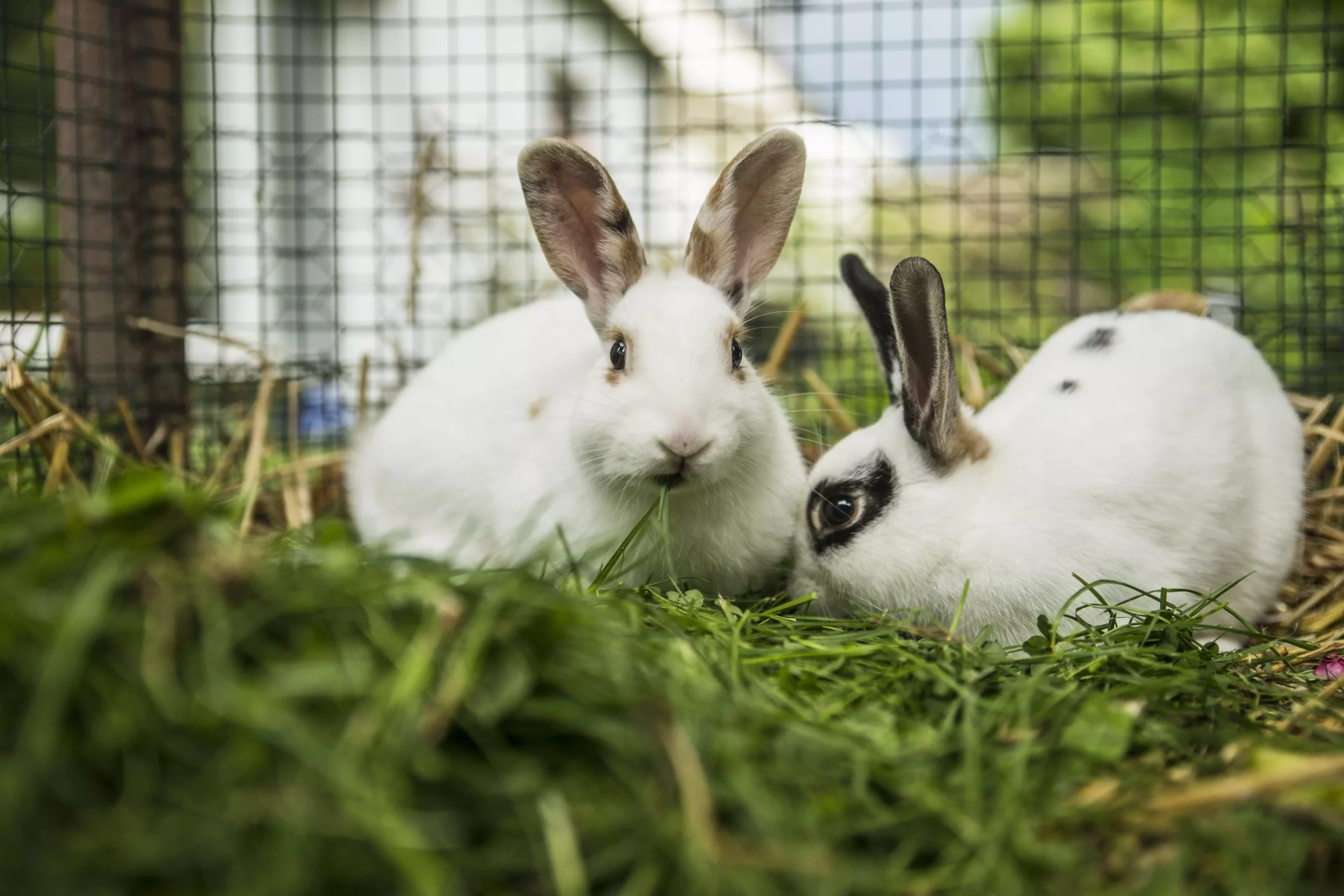Choosing the right boarding facility for exotic pets can be a daunting task for pet owners, especially when planning a vacation or a trip. Unlike traditional pets such as dogs and cats, exotic animals often require specialized care and attention. This article explores the challenges of finding appropriate boarding options and provides essential tips for ensuring that your unique pets are well taken care of while you’re away.
Exotic pets encompass a wide variety of species, including birds, reptiles, small mammals like guinea pigs or rabbits, and even some fish. Each of these animals has specific dietary and habitat requirements that can be significantly different from those of more common pets. For instance, birds may require a varied diet rich in seeds and pellets, along with toys to stimulate their intelligence, while reptiles need precise temperature conditions to thrive.
These unique needs make it imperative for pet owners to seek out boarding facilities that are equipped to handle the specific care requirements of their exotic companions. Unlike traditional kennels that cater primarily to dogs and cats, facilities dedicated to exotic pets often have specialized training and resources to manage their care effectively.
When you find yourself unable to rely on friends or family, the search for a suitable boarding facility becomes critical. While some may consider hiring pet sitters to come to their home, it is not always practical or feasible. Boarding facilities are the ideal solution, but not all of them offer the level of care that exotic pets deserve.
A well-equipped boarding facility should have the necessary expertise in handling various exotic species and the proper environment to keep them safe and comfortable. Services may vary, but many facilities offer climate-controlled spaces, species-specific diets, and tailored enrichment activities to keep pets entertained and engaged.
To help pet owners find suitable options, a list of established boarding facilities across various U.S. locations has been compiled. While many notable names appear on this list, it still remains important to do thorough research and confirm that a facility aligns with the unique needs of your pet.
Before settling on a boarding facility, it is essential to consider multiple factors. Start with a facility’s reputation: look for reviews from other exotic pet owners, and do not hesitate to ask facility staff questions about their experience and protocols for caring for exotic animals.
Inquire about vaccination requirements; many facilities have strict guidelines to prevent the spread of illness among animals. Asking if the facility provides food and the type of housing they use can also help you assess whether it aligns with your pet’s requirements. Be wary of facilities that do not cater to the specific needs of exotic pets or that lack transparency in their policies.
Furthermore, a personal visit to the facility can provide valuable insights. Observing the surroundings, cleanliness, and general attitudes of staff toward the animals can help you make a more informed decision.
Once you have chosen a boarding facility, it’s crucial to communicate effectively with the staff. Provide them with comprehensive care instructions, including feeding schedules, favorite toys, and contact numbers for you and your exotic vet. This ensures that the staff are fully prepared to care for your pet while you’re away.
Before the day of drop-off, it may be beneficial to acclimatize your pet to their carrier or the environment of the facility, especially for more sensitive species. This can reduce stress for the animal and make the transition smoother for both pet and owner.
Taking the time to find a reputable boarding facility for your exotic pet is worthwhile for the peace of mind it provides. Knowing your beloved companion is in caring, informed hands allows you to enjoy your time away from home. Whether you’re traveling for leisure or necessity, it’s imperative to put your exotic pet’s needs first and ensure that they receive the specialized care they deserve.

